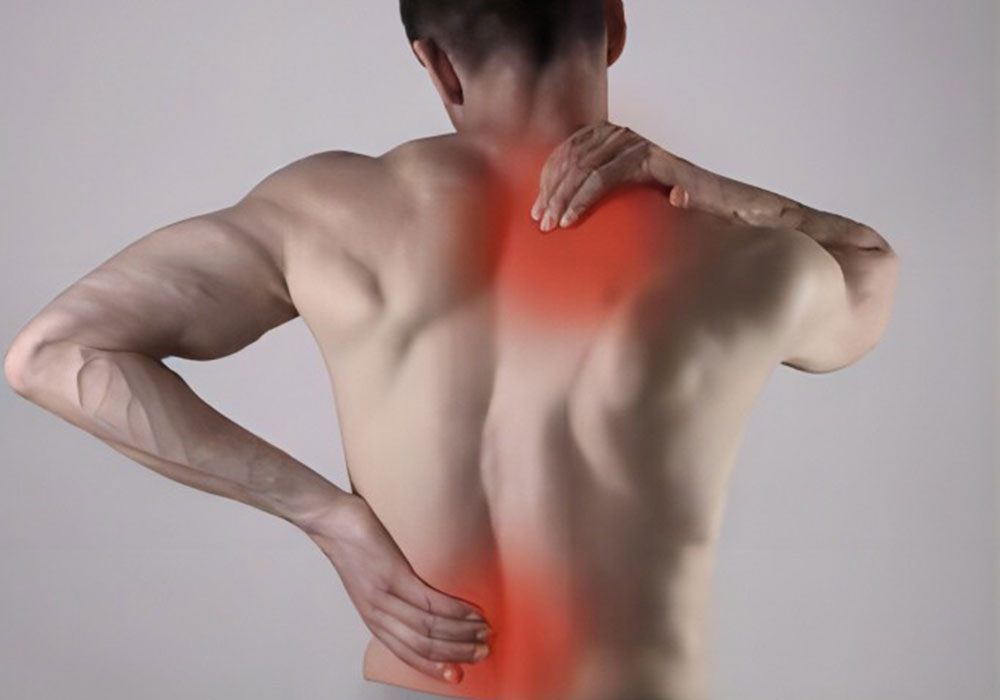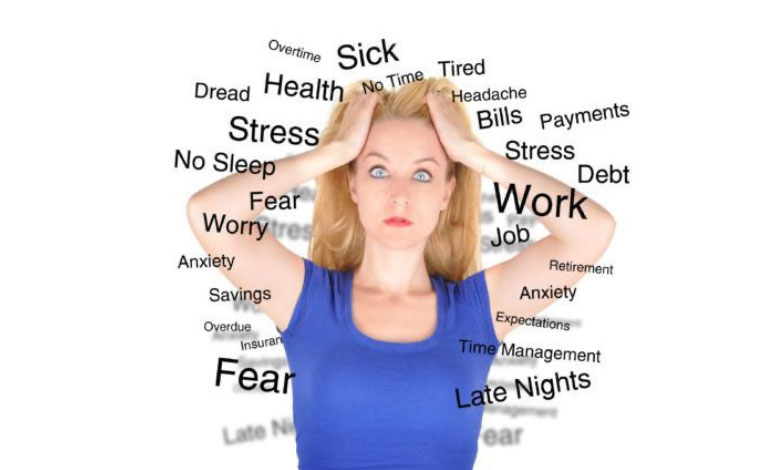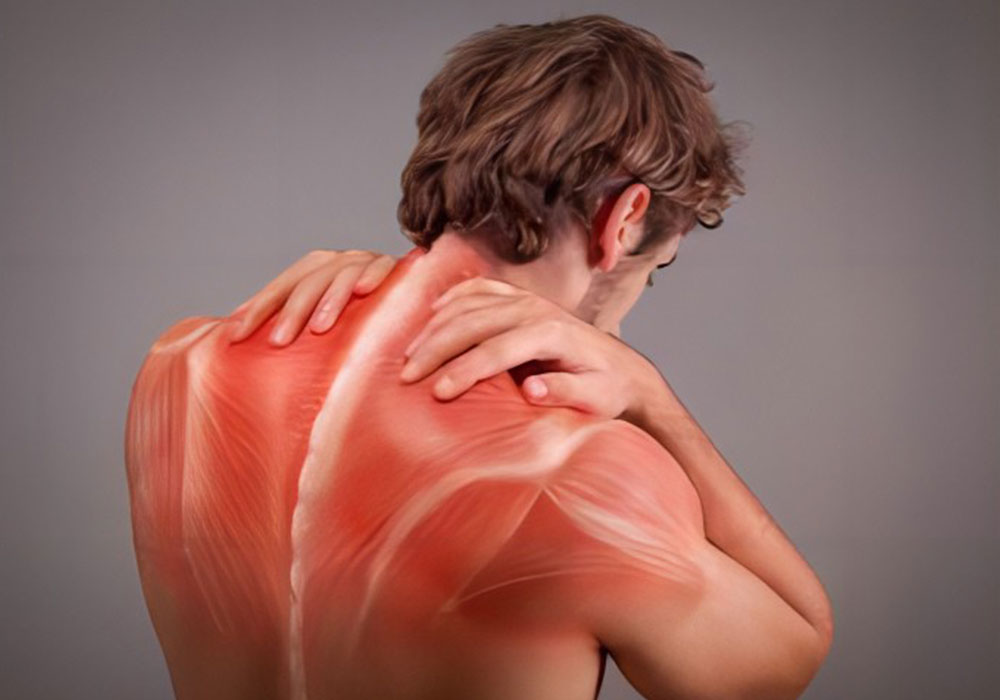Most people may not have thought about this question, so let’s find out together! In modern society, stress and anxiety have become common problems in the daily life of many people. In addition to the negative impact on mental health, new research shows that stress and anxiety can also cause muscle pain and trigger a range of physical complaints.
According to medical experts, there is a close connection between the body and the mind. When people feel stressed and anxious, the body will produce a serious of physiological reactions, one of which is muscle tension. This continued muscle tension can lead to muscle pain, stiffness, and discomfort.

The research also shows that muscle pain caused by stress and anxiety usually occurs in the neck, shoulders and back, and sometimes even spreads to other muscles. This condition is medically known as “tension muscle pain”.
Experts suggest that for people who often feel stressed and anxious, it is crucial to take some effective coping measures.
Relaxation techniques
Learn relaxation techniques such as deep breathing, meditation, and yoga to help relieve stress and anxiety and reduce muscle tension.
Exercise
Maintaining an appropriate amount of exercise can release stress, promote blood circulation, relieve muscle tension, and prevent muscle pain.
Good sleep
Adequate sleep is essential for relieving stress and anxiety. Establishing a regular sleep routine can help maintain physical and mental health.
Mental health support
Seek help and support from mental health professionals to learn more effective emotion regulation and stress management skills.
Heat therapy
When you already fell muscle pain, heat therapy is also necessary. This air-activated heat patch does not contain any pharmaceutical ingredients and only relieves pain by providing heat. If you are suffering from pain, try it now!



